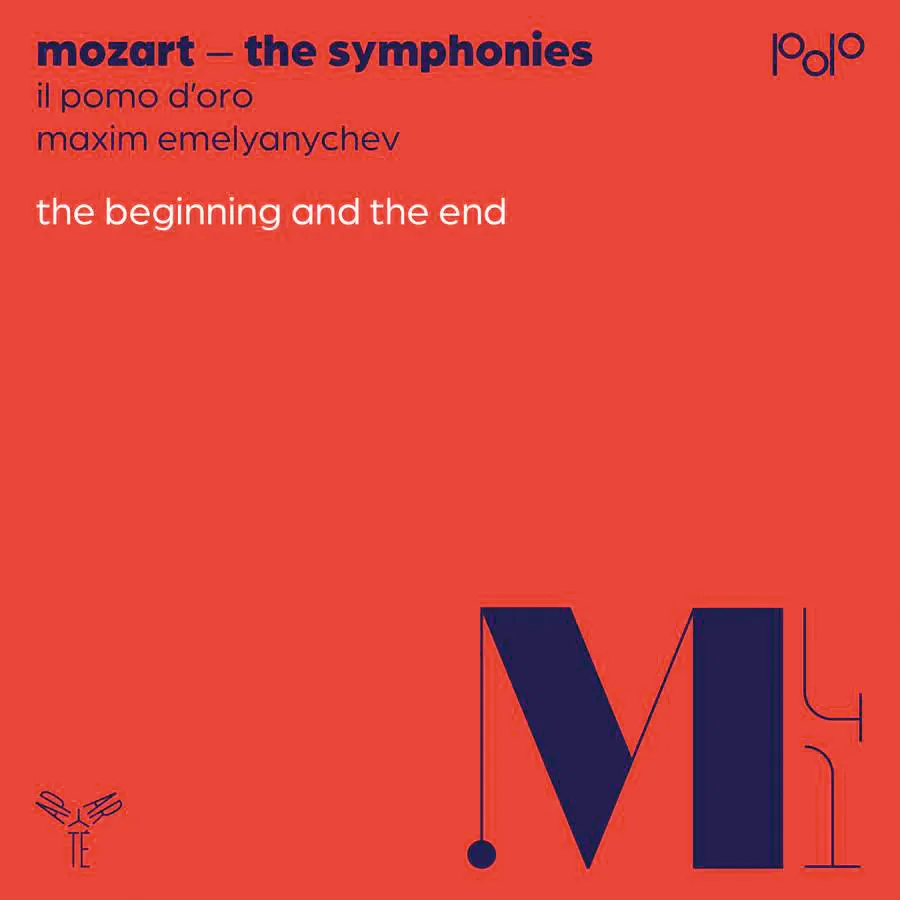
Mozart Symphony No. 1 in E flat; Symphony No. 41, ‘Jupiter’; Piano Concerto No. 43 in A, K488 Il Pomo d’Oro/Maxim Emelyanychev (piano) Aparté AP 307 78:15 mins
This is the first volume of a project to record Mozart’s complete symphonies alongside a choice of his other works – here, one of the piano concertos, showcasing Maxim Emelyanychev’s skills both as pianist and conductor. Imaginatively, rather than working through the symphonies in chronological order, each programme will explore different stages of the composer’s development. The presence here of Mozart’s first and last creations in the genre highlights the vast musical journey he travelled in the 24 years between them.
Symphony No. 1, written by the visiting child prodigy in London in 1764, follows the example of a prominent local resident, Johann Christian Bach; the three-movement result shows astonishing technical command and, understandably, little individuality as yet. Il Pomo d’Oro’s period style and approach suits a work which, like this one, perches on the cusp between the Baroque and Classical eras. Whether or not something warmer-toned would bring out more of the Classical-age musical riches of the ‘Jupiter’ Symphony is a matter for debate. Given the underlying premise, the orchestral playing here has a panache and high-speed accuracy whose impressiveness can’t be argued with. More eyebrow-raising is Emelyanychev’s way with the A major Piano Concerto, K488. He performs this on a replica 1823 Graf fortepiano whose dry tone comes across as artistically constricting. And while his instinct to search out his solo part’s expressive detail by drawing out its phrasing is compelling in itself, it too often feels at cross-purposes with the more tight-reined orchestral accompaniment.
Malcolm Hayes